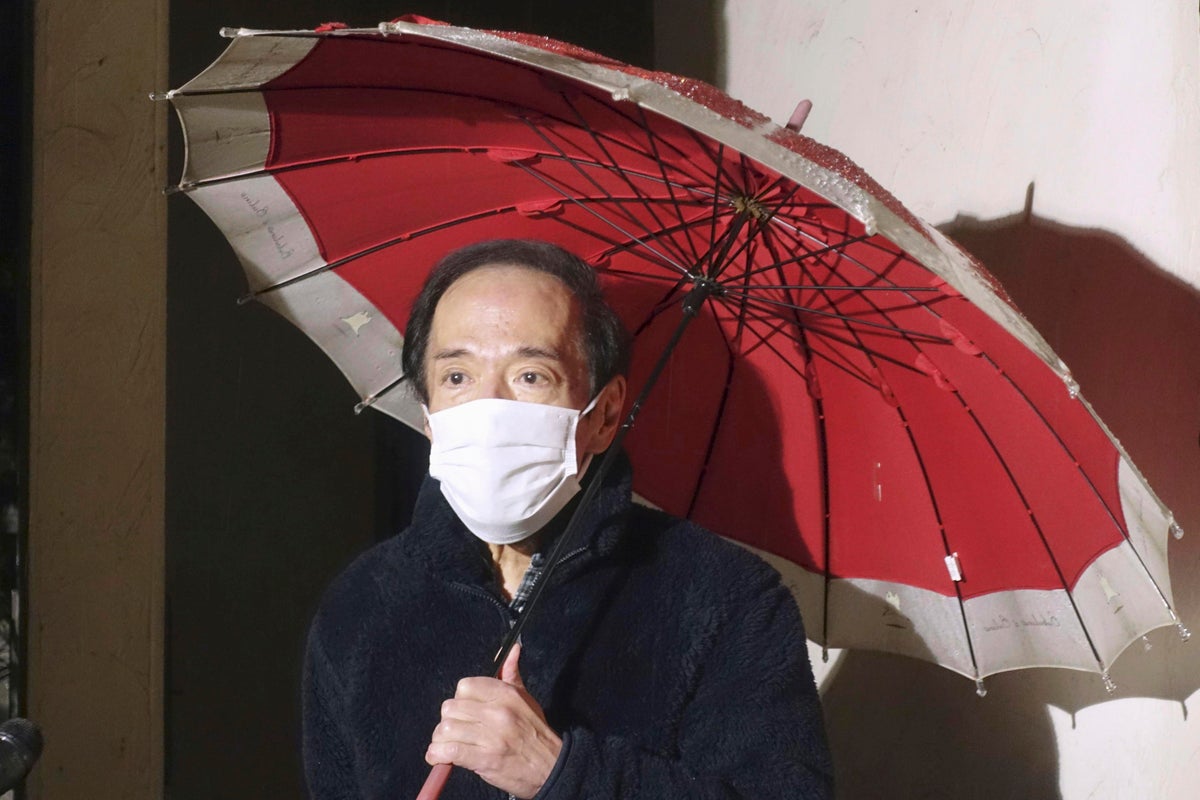
Kazuo Ueda, an economist and former member of the Bank of Japan policy board, was nominated Tuesday to be the next central bank governor.
Prime Minister Fumio Kishida presented the choice to parliament. Ueda, 71, would replace Haruhiko Kuroda, who will be stepping down after a second five-year term, leaving Ueda with the difficult task of steering the world's third-largest economy out of a time of unprecedented ultra-easy credit while contending with inflation and massive national debt.
Most Bank of Japan governors have hailed from the Finance Ministry or the bank itself. The choice of Ueda, with his somewhat unusual background as a professor, came as a surprise to many.
Some observers see the move as an effort by Kishida to differentiate himself from the “Abenomics” policies of former Prime Minister Shinzo Abe, based on near-zero interest rates and massive asset purchases by the central bank.
Kuroda described the policies he helped to shape as a “big bazooka" of monetary easing that was meant to vanquish chronic deflation. Japan had been stuck in a cycle of falling prices and stagnant growth for years, and the strategy was meant to foster an inflation rate of about 2%.
Ueda’s nomination still needs parliamentary approval and he will face questioning by lawmakers.
“I plan to do my best to properly answer all the questioning in Parliament,” Ueda said on nationally televised news.
While Kuroda was fighting deflation, the next BOJ chief will be grappling to inflationary pressures and a potential slowdown in other major economies as their central banks raise interest rates to try to tame rising prices. The consumer inflation rate is about 4% now, though much of that is due to soaring prices for imports of oil and other goods.
Ueda is a graduate of the prestigious University of Tokyo and holds a doctorate from the Massachusetts Institute of Technology. He has taught at Japanese and foreign universities and has connections in international academic circles.
Ueda was on the BOJ's board of governors from 1998-2005.







